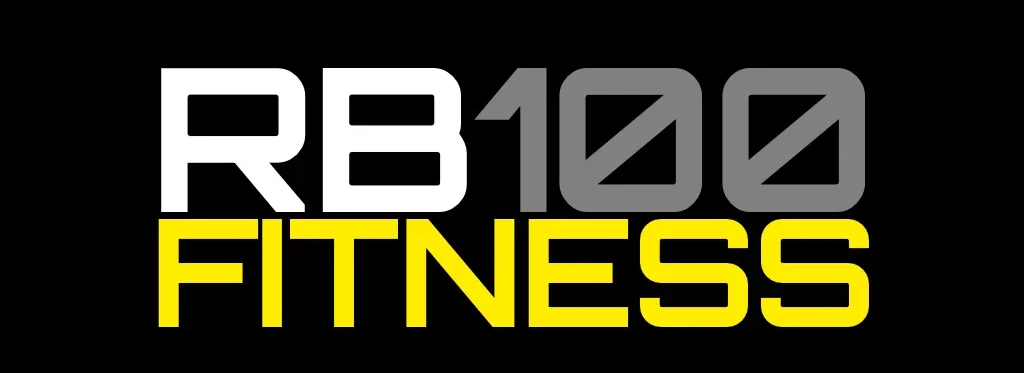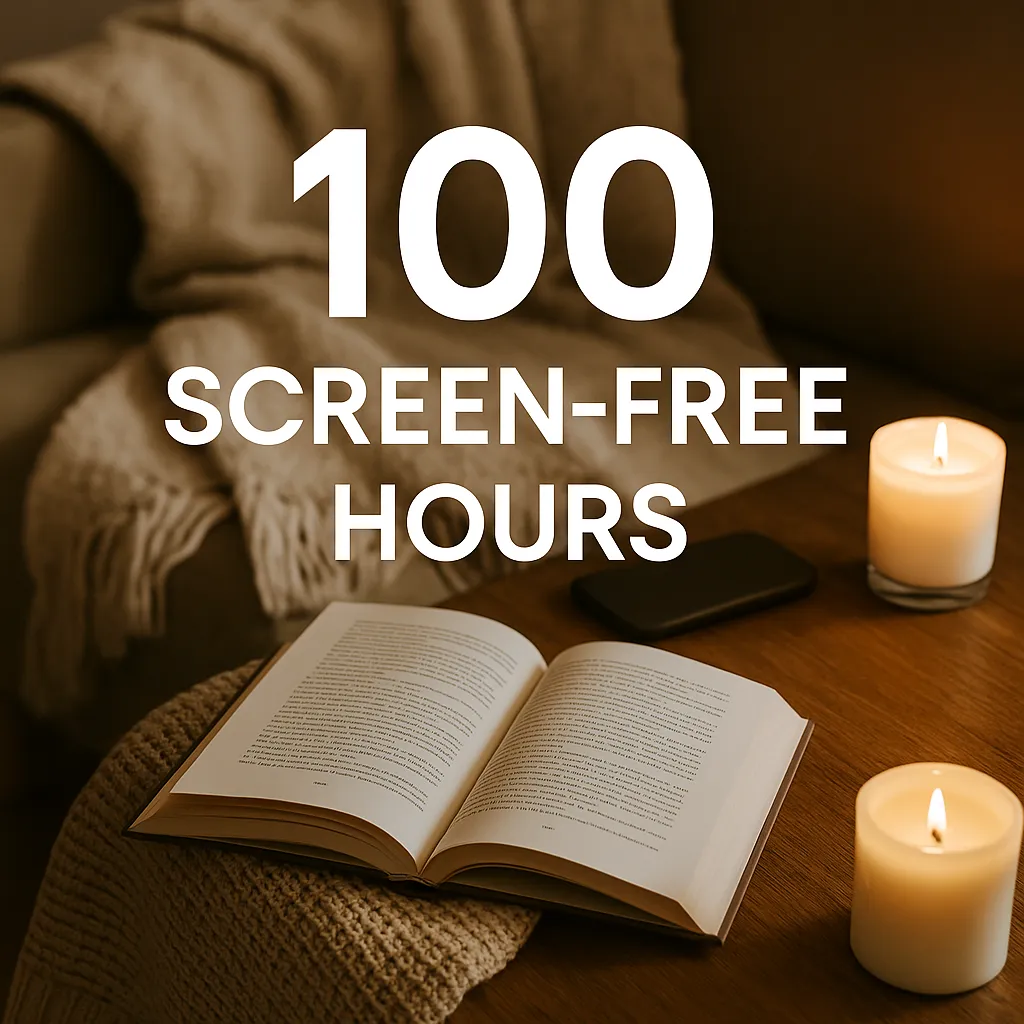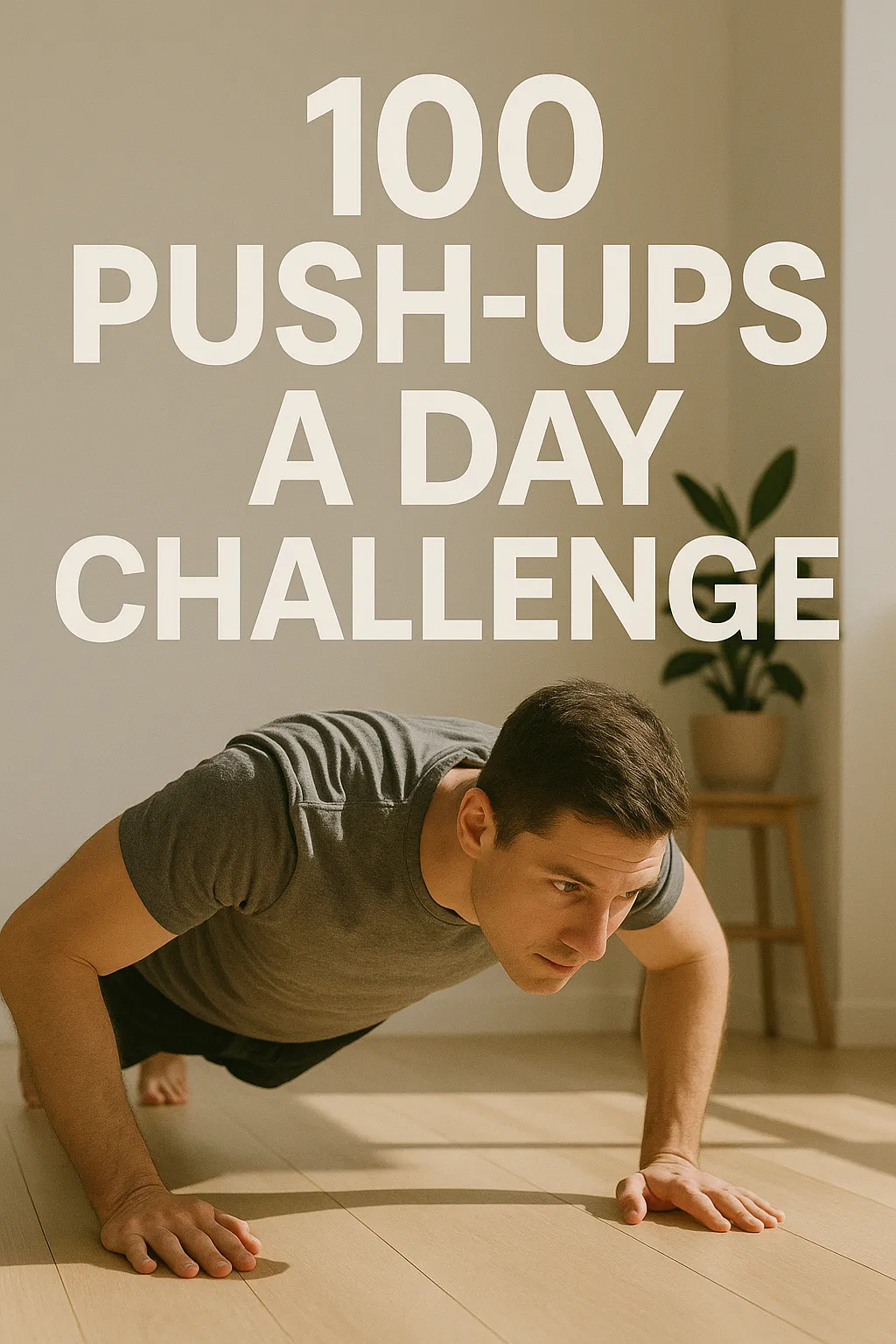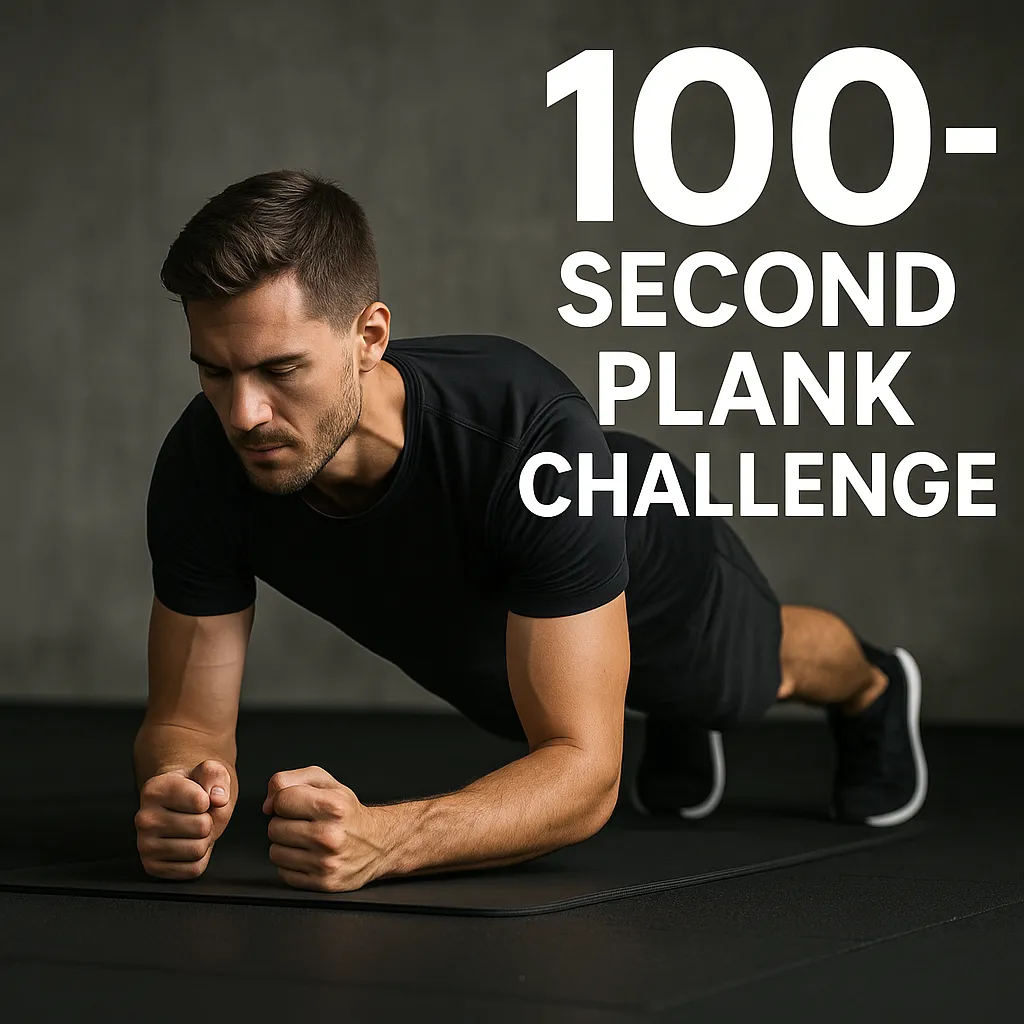Intro: Your phone, your laptop, your TV — they all want your attention. But your body and brain? They need rest.
This RB100 Challenge asks you to spend 100 cumulative hours away from screens in the evening. It’s a powerful reset for your nervous system, recovery, and focus.
Why Go Screen-Free?
- Reduces blue light exposure before bed (supports melatonin production)
- Improves sleep quality and quantity
- Frees up time for reflection, recovery, connection, and learning
- Lowers digital fatigue and improves mental health
How to Structure It
- Start with 1 hour per evening (e.g. 8–9 PM)
- No phones, laptops, TVs, tablets — ideally even smartwatches
- Replace screens with:
- Journaling, breathwork, or meditation
- Reading a book
- Evening walk or stretch
- Cooking, puzzles, conversation, music
100 Hour Tracker Example
- 7 nights/week × 1.5 hours = 10.5 hrs/week
- You’ll hit 100 hours in under 10 weeks — or faster if you go longer
Tips for Success
- Set a recurring screen-off timer
- Keep screens out of the bedroom
- Tell others about your challenge for accountability
- Use airplane mode or grayscale mode to reduce temptation
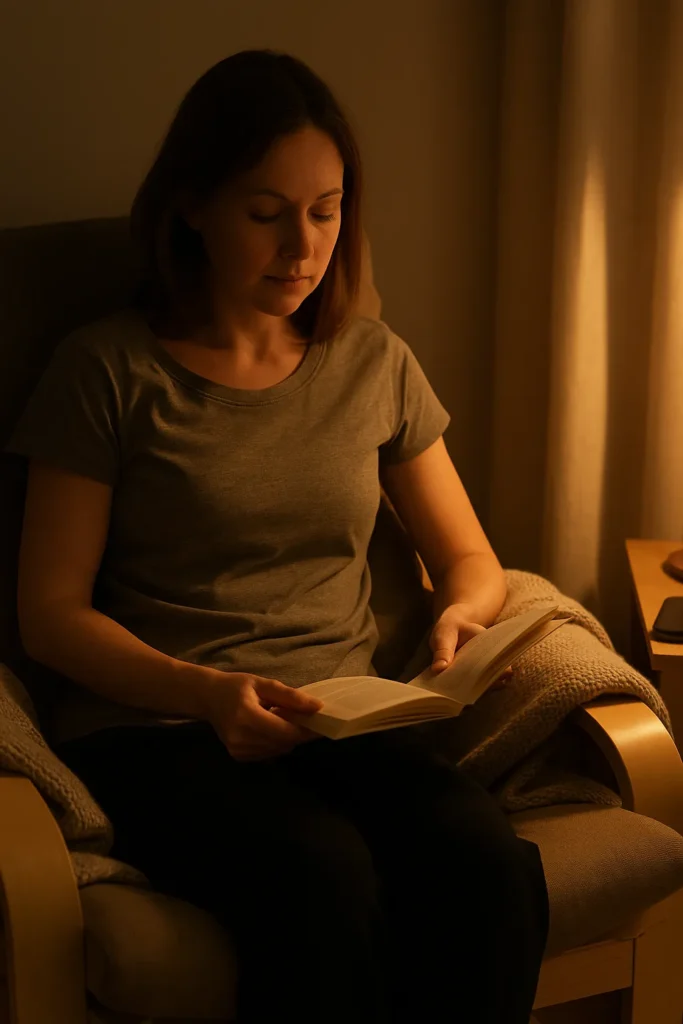
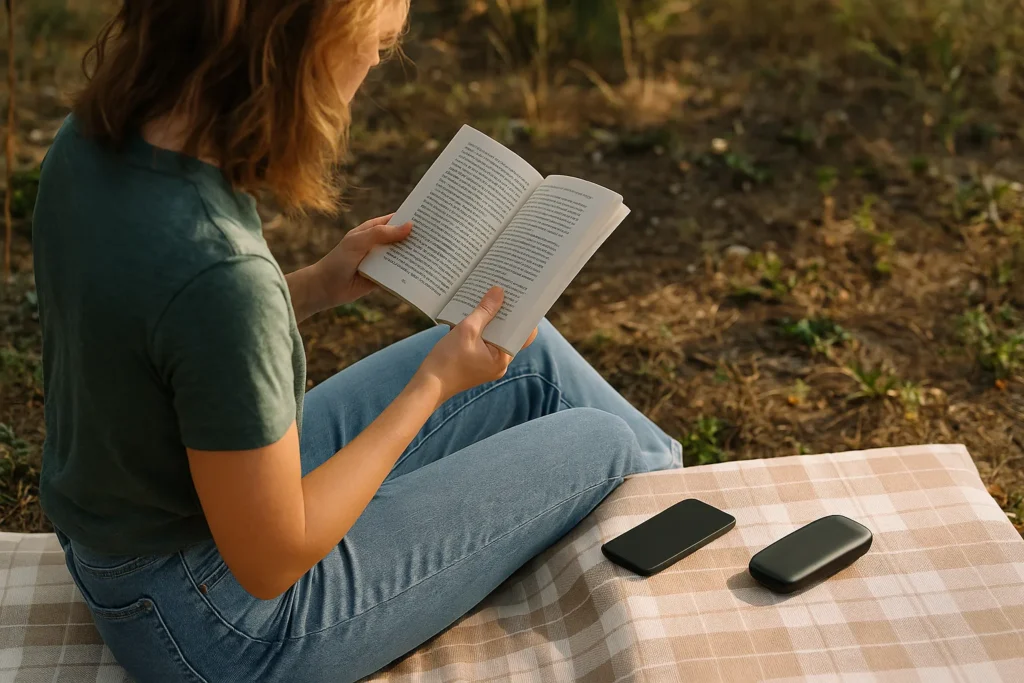
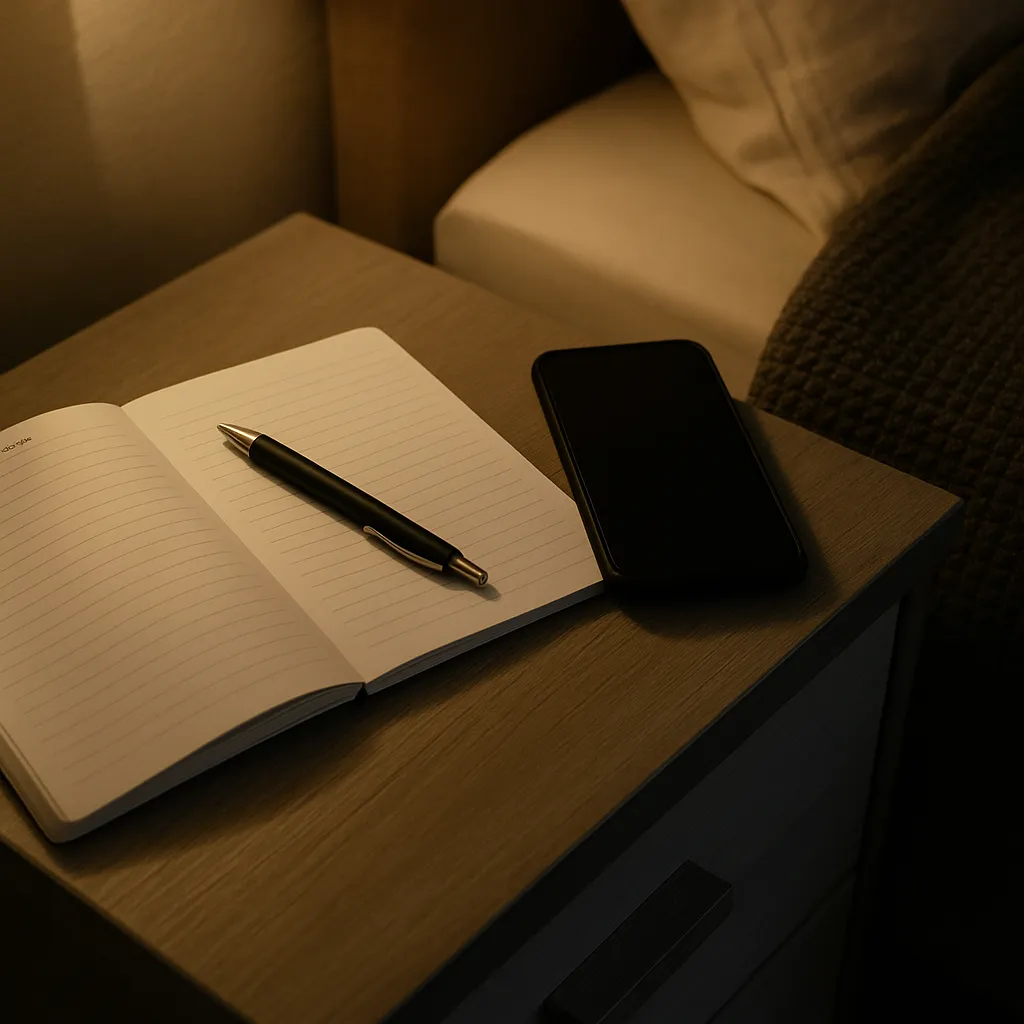
Pair it with:
External Resources:
recovery starts when the screen shuts down.
RB100.Fitness
